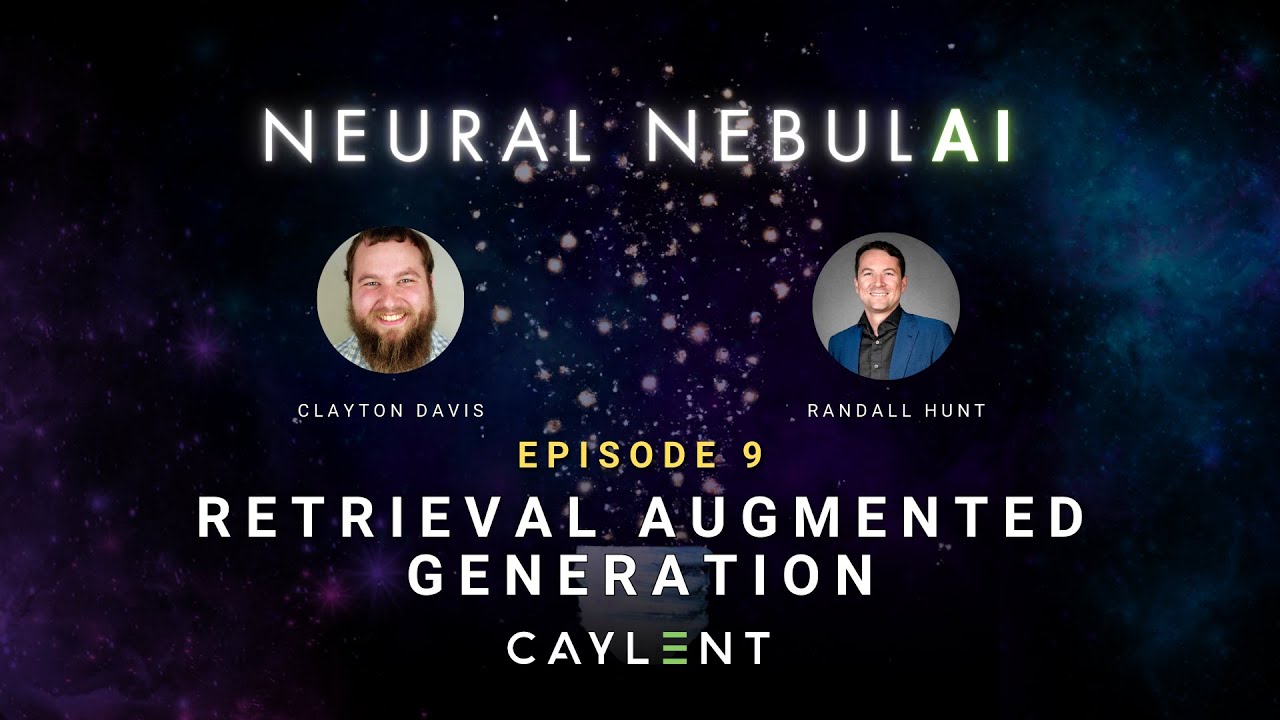A Deep Dive Into Personalized Information Retrieval | Pranav Kasela
Summary
TLDRPR Kaza discusses personalization in information retrieval, focusing on datasets and models. Key issues include ethical concerns with user data collection and developing personalized search results without additional user input. Two datasets are explored: academic search engine data and Stack Exchange forums. Models presented include denoising attention for personalized retrieval and expert finding in diverse domains, showing the potential of personalization in enhancing search relevance.
Takeaways
- 🎓 The speaker, PR Kaza, is a PhD student at the University of Milano-Bicocca, discussing personalization in information retrieval.
- 🔍 Personalized information retrieval aims to tailor search engine results to individual user needs without additional input.
- 📚 The biggest challenge in personalization is collecting user-related datasets ethically.
- 🤔 Ethical concerns arise from inferring user identities from their search queries, as seen in datasets like the 2006 web search engine query log.
- 📈 Two main research areas are covered: academic search using publicly available datasets to avoid privacy issues, and expert finding using data from online forums like Stack Exchange.
- 📝 The academic search engine model assumes user queries relate to papers they've written, using citation data to personalize results.
- 🧠 The expert finding model uses the Stack Exchange platform, focusing on multiple domains to create more robust models than those limited to computer science.
- 🏆 In expert finding, the 'best' answers (selected by the question asker) are more valuable than the 'most upvoted' answers for determining expertise.
- 📊 Personalization can significantly improve search results, as shown by the denoising attention model which outperformed both personalized and non-personalized baselines.
- 🔑 The importance of representing user interests accurately in personalization models is highlighted, with the denoising attention model proposing a shift from soft max to uniform distribution for better results.
- 🔑 The potential of applying denoising attention to expert finding to further improve personalization in information retrieval is mentioned.
Q & A
What is the main focus of PR Kaza's presentation?
-The main focus of PR Kaza's presentation is the personalization in information retrieval and the challenges that need to be addressed to solve the problem of personalization.
What are the two main sections of PR Kaza's presentation?
-The two main sections of the presentation are the data sets, which is a significant issue in the field, and the models that have been developed to personalize the results.
What is personalized information retrieval?
-Personalized information retrieval is the process of tailoring search engine results according to the needs of a specific user, without requiring the user to add more information or context to their query.
What ethical implications are associated with collecting user-related data sets?
-Collecting user-related data sets has ethical implications because it can potentially infringe on privacy, as seen with the query log from 2006 where users' identities could be inferred from their search queries.
What are the two data sets used in PR Kaza's research?
-The two data sets used are academic search data sets, which are publicly available and do not violate privacy, and Stock Exchange, an online forum where users provide information themselves.
What is the issue with the academic search data set developed by Tab and who?
-The issue with the academic search data set developed by Tab and who is that it is not numerous, meaning there are not enough documents in the data set, which led to the extension of the methodology to provide around 18 million documents.
How does the expert finding model work?
-The expert finding model works by identifying experts with specific properties, such as high engagement levels and high acceptance scores, to provide human-written answers to questions in their domain of expertise.
What is the significance of using Stock Exchange data for expert finding?
-Using Stock Exchange data for expert finding is significant because it has multiple communities, providing a good variance of data across different domains, which helps in developing more robust models.
What are the two models developed by PR Kaza's team for personalized information retrieval?
-The two models developed are one that uses a denoising attention mechanism for personalization and another that focuses on expert finding using the Stack Exchange data set.
How does the denoising attention mechanism work?
-The denoising attention mechanism works by shifting from a soft Max distribution to a uniform distribution for user-related information, filtering out noisy documents, and computing a user representation by matching user document representations with the query representation.
What improvements did the denoising attention model show over other baselines?
-The denoising attention model showed significant improvements over both non-personalized and personalized baselines, with almost a 10% increase in NDCG for web search data sets and around a 5% increase for academic search data sets.
Outlines

هذا القسم متوفر فقط للمشتركين. يرجى الترقية للوصول إلى هذه الميزة.
قم بالترقية الآنMindmap

هذا القسم متوفر فقط للمشتركين. يرجى الترقية للوصول إلى هذه الميزة.
قم بالترقية الآنKeywords

هذا القسم متوفر فقط للمشتركين. يرجى الترقية للوصول إلى هذه الميزة.
قم بالترقية الآنHighlights

هذا القسم متوفر فقط للمشتركين. يرجى الترقية للوصول إلى هذه الميزة.
قم بالترقية الآنTranscripts

هذا القسم متوفر فقط للمشتركين. يرجى الترقية للوصول إلى هذه الميزة.
قم بالترقية الآنتصفح المزيد من مقاطع الفيديو ذات الصلة

Cataloguing and indexing in Information Retrieval System

ISR Unit I Lecture-1 | Data Retrieval Vs IR | Text Mining And IR Relation | B.E. IT|@yogeshborhade24

RAG vs. CAG: Solving Knowledge Gaps in AI Models

Retrieval Augmented Generation - Neural NebulAI Episode 9

Building Chat Applications [Pt 7] | Generative AI for Beginners

Goodbye RAG? Google Finally Shipped Something useful!
5.0 / 5 (0 votes)
